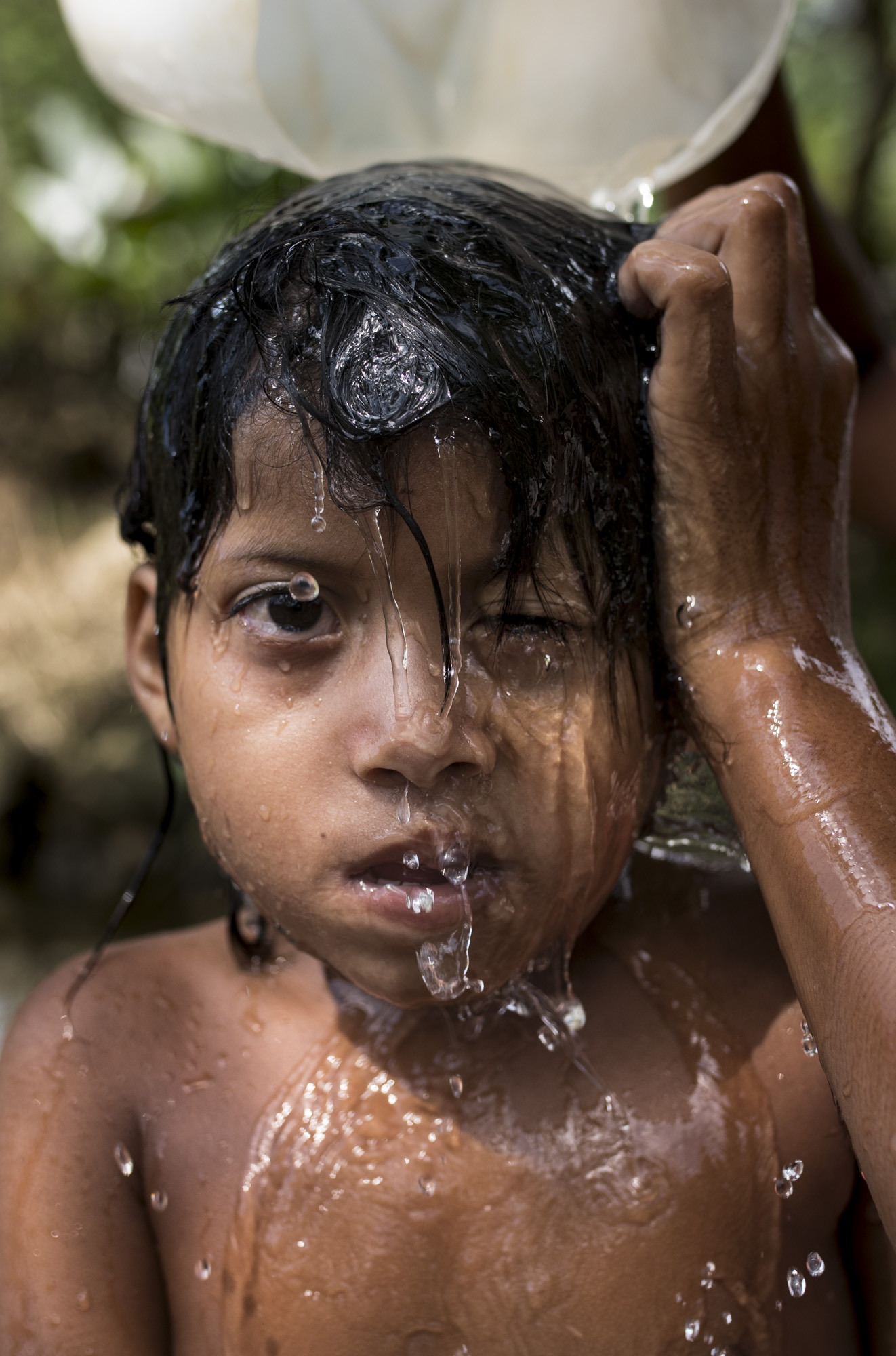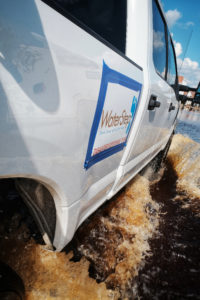Ecuador’s 2016 earthquake killed over 600 people and severely injured thousands, leaving many of its citizens without basic necessities such as food, shelter and water. WaterStep responded to this disaster not only to help the country recover, but to help develop as well.
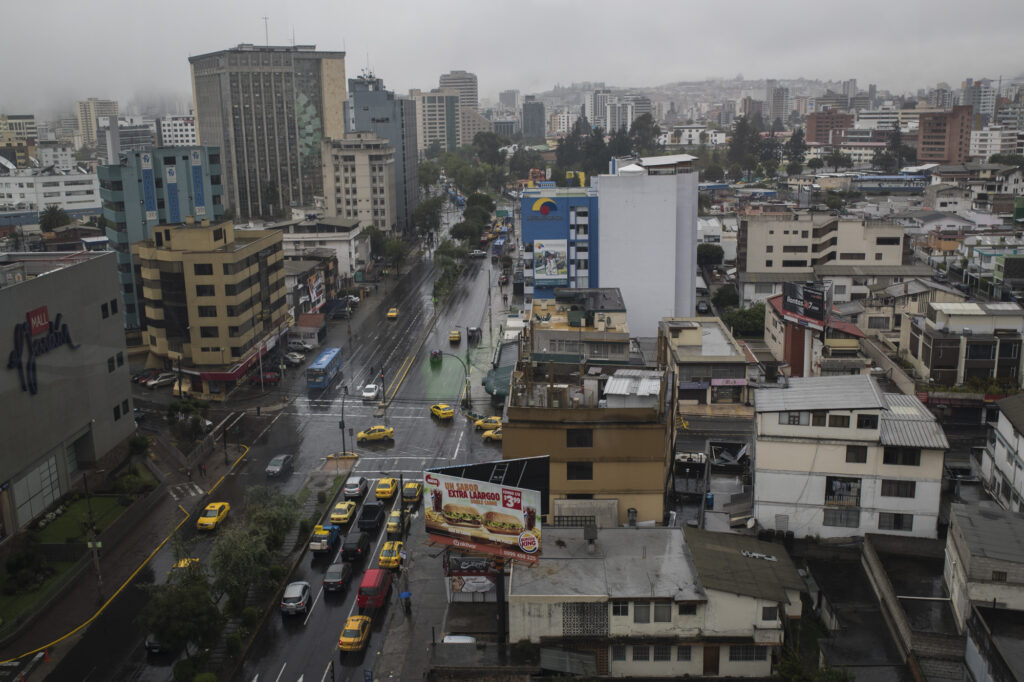 An overview of downtown Quito, Ecuador. The city sits at 3,000 meters in elevation in the highlands and is the country’s largest city.
An overview of downtown Quito, Ecuador. The city sits at 3,000 meters in elevation in the highlands and is the country’s largest city.
The impact clean water has on the development of a community can influence everything from the economy to its culture and overall infrastructure of its society. To ensure this development, short-term disaster relief must coincide with a long-term development strategy.
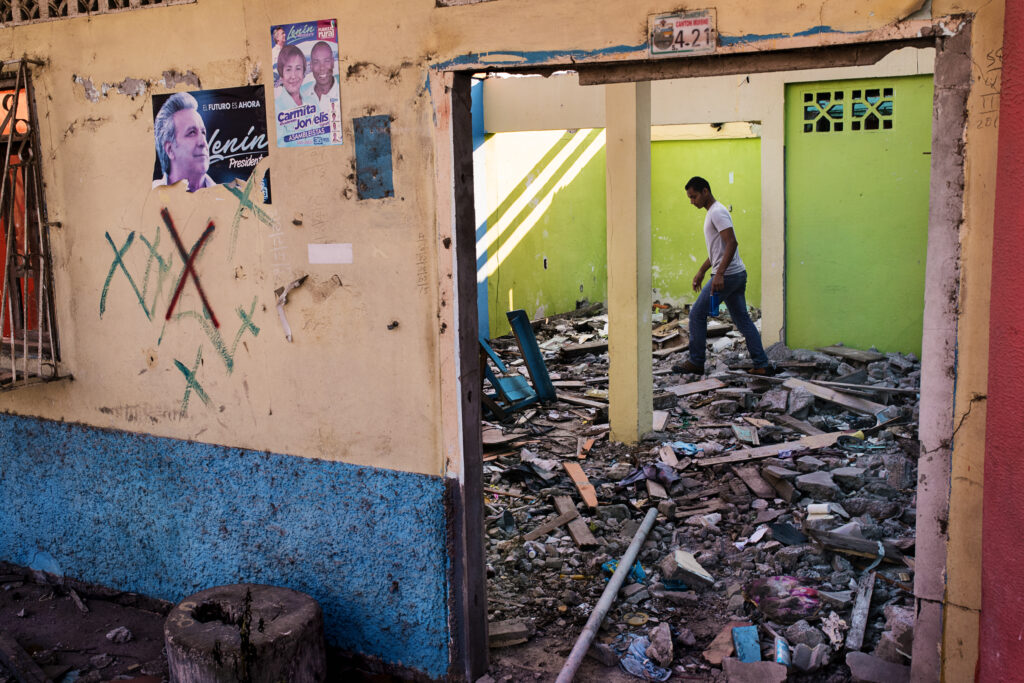
Earthquake Response
With the support of the Ministry of Foreign Affairs, WaterStep initially donated 42 water purification systems, also known as M-100 Chlorine Generators. Students and teachers from Indiana University visited Ecuador to assist in relief efforts and to also transport the donated M-100’s from the United States to Ecuador on their flight over.
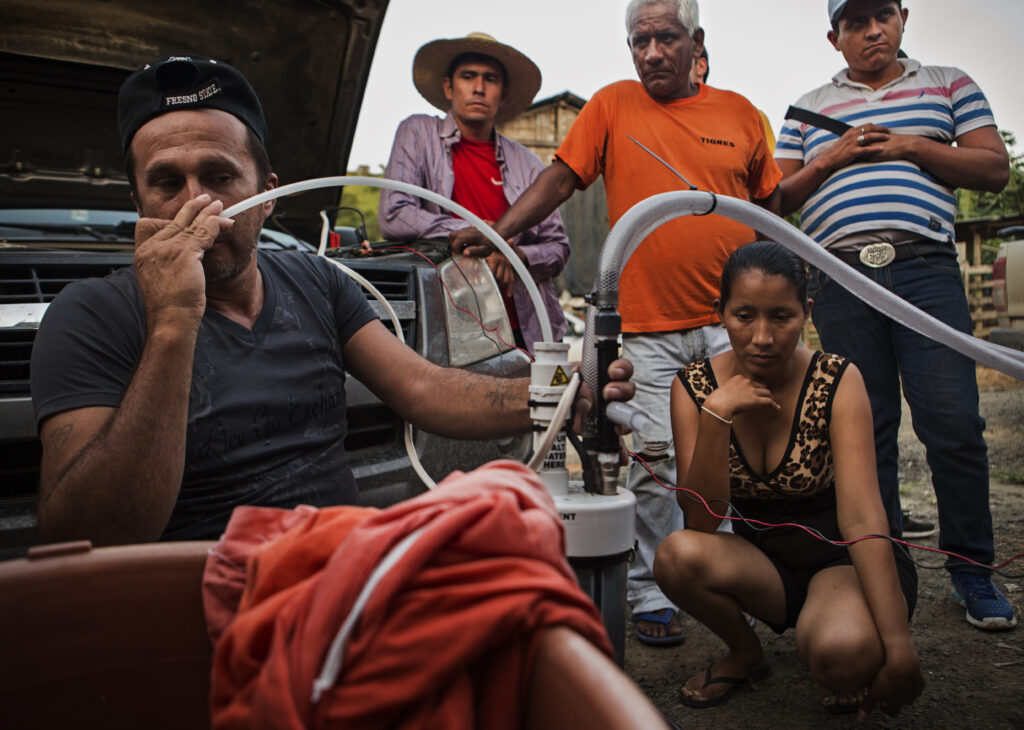
Through an action plan prepared by the German Cooperation, lifesaving equipment was installed in the Ecuadorian provinces in need.
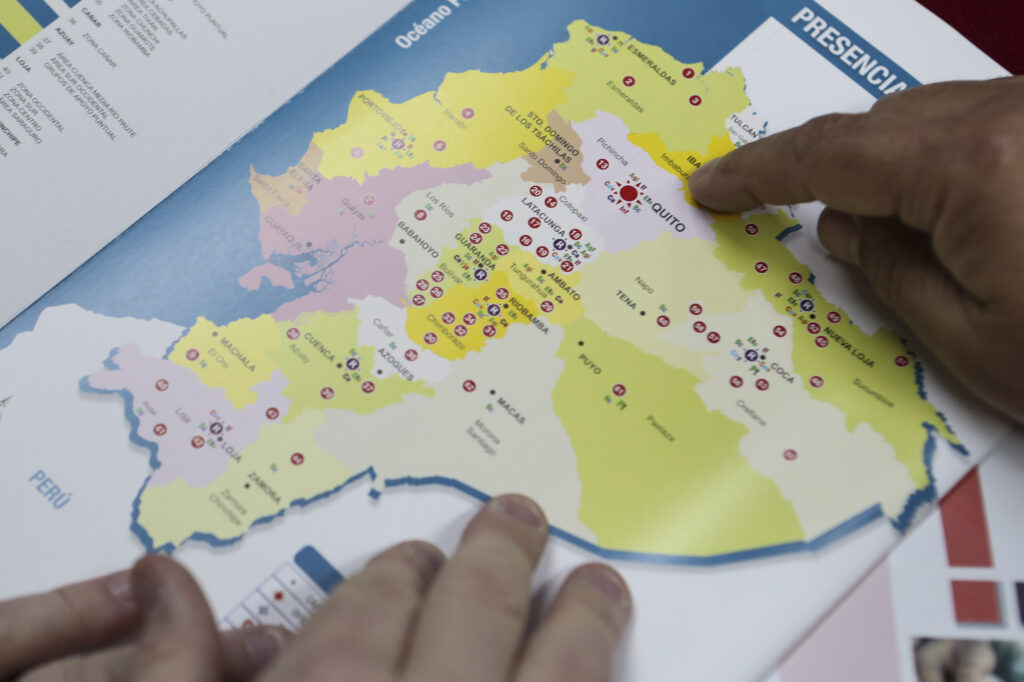 Potential partners met with WaterStep to aid in providing clean and safe water to those in need across Ecuador.
Potential partners met with WaterStep to aid in providing clean and safe water to those in need across Ecuador.
WaterStep’s Ecuadorian Leader Linda Rosa Tapia trained those who received the donations on how to use, clean and maintain the M-100 Chlorine Generators through face-to-face and online training sessions. This was to promote the growth and development of their community while impacted areas began to recover.
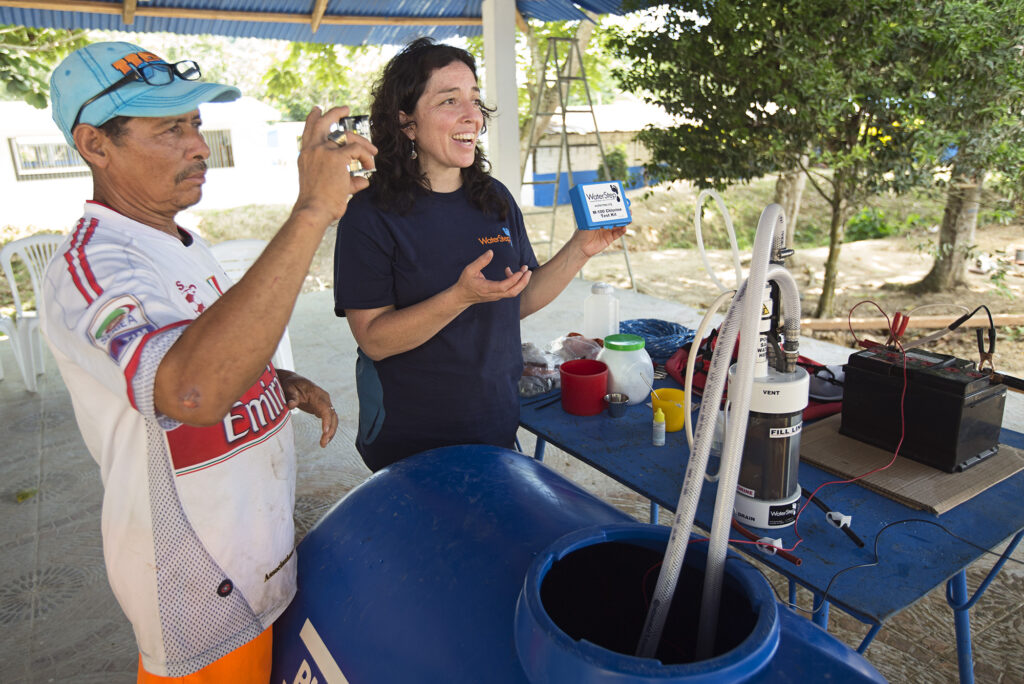
The Different Uses of Water
Yhon Sánchez, coordinator of Fondo Ecuatoriano Populorum Progressio (FEPP) Manabí, welcomed the donations with a vision to facilitate access to safe water for farmers in the areas affected by the earthquake. The implementation strategy was to complement the repair of aqueducts using WaterStep technology to assist in agricultural functions.
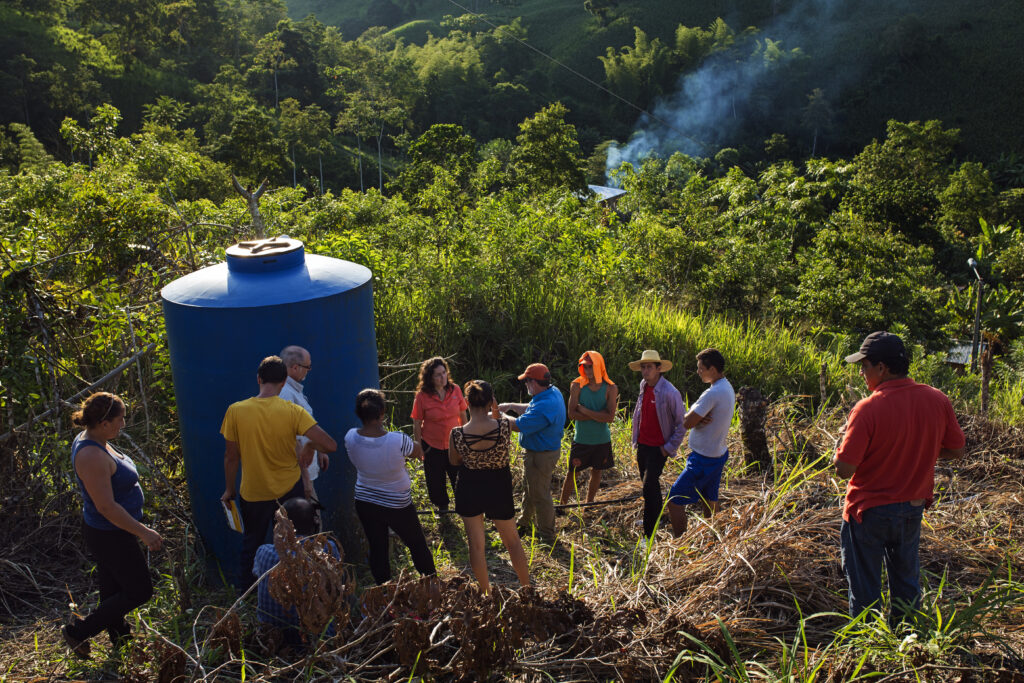
Word of WaterStep’s work traveled in neighboring provinces of Ecuador, catching the eye of Jorge Cuenca, coordinator of FEPP Loja. He heard about the positive experiences taking place in the province of Manabí and wanted to implement WaterStep’s technology in Loja as well.
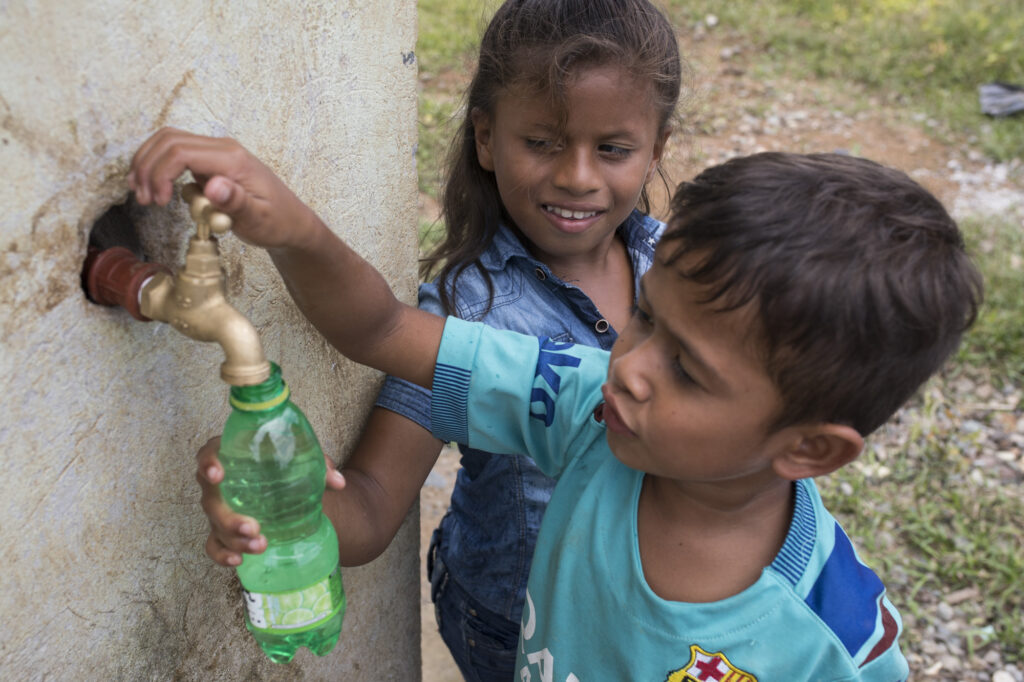
Cuenca saw WaterStep’s technology as not only a tool, but as an institutional support system that could alleviate the time constraints women and children face when collecting water for their families. The technology offers safe water, easy transportation and gives women and children more time and energy for education and play.
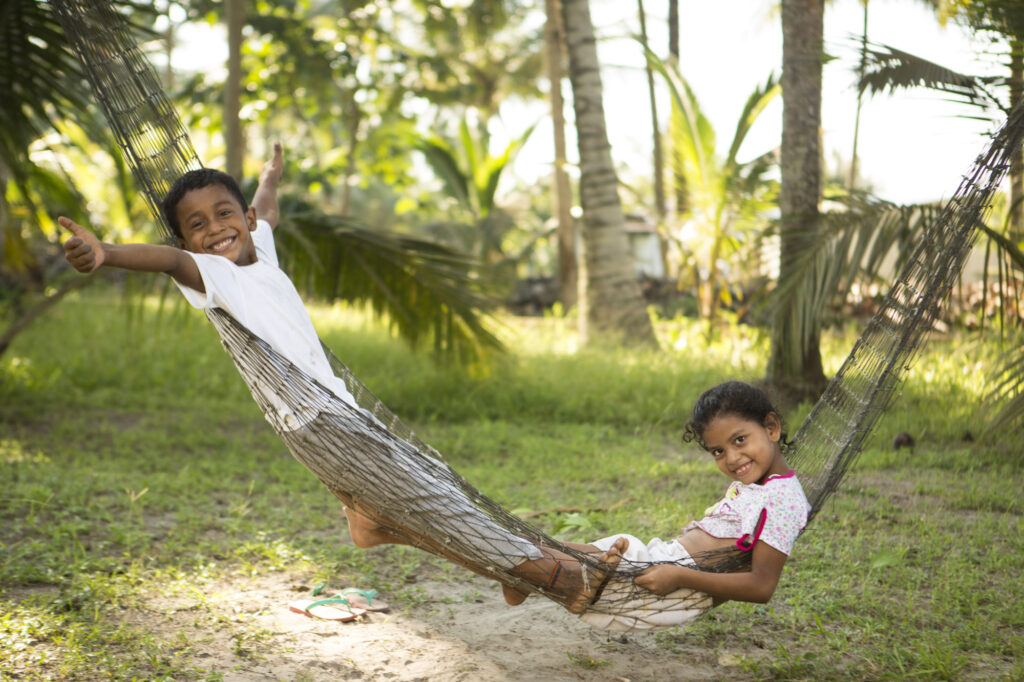
In Puyango, Loja, the FEPP worked on mediating democratic processes, involving the community in the construction of water systems and giving members of the community the ability to participate in collaborative meetings about water. This fostered a close relationship with WaterStep and gave a citizen’s perspective on specific water issues within the community.
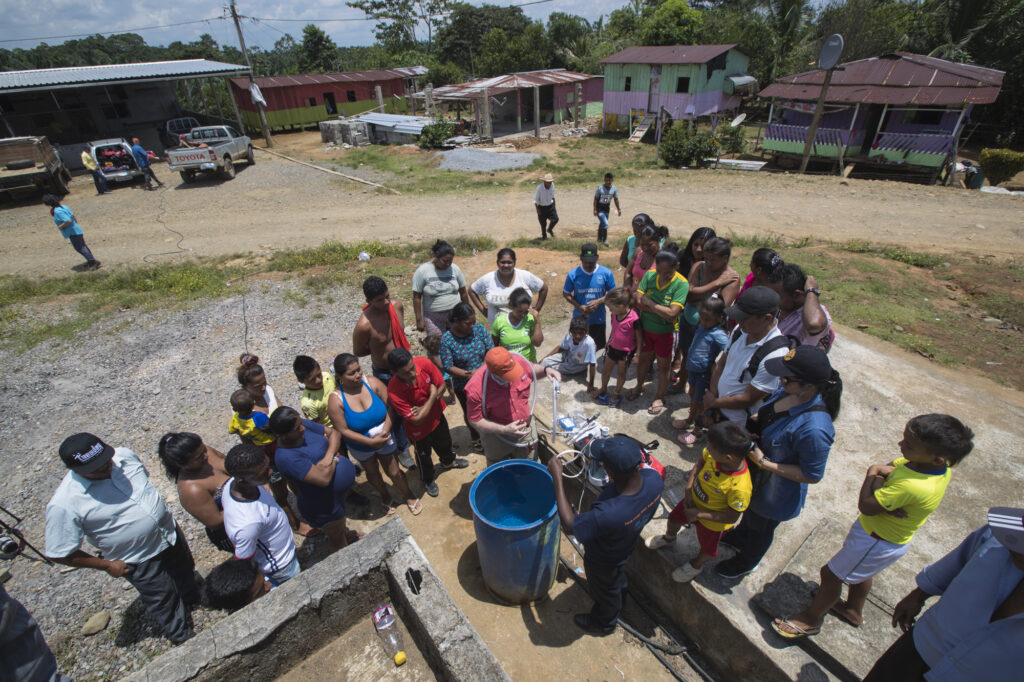
Help Give Clean Water to Ecuador
Today, there are currently 106 M100 Chlorine Generators in the Ecuadorian provinces of Esmeraldas, Manabí, Chimborazo, Loja and in the neighboring country of Colombia.
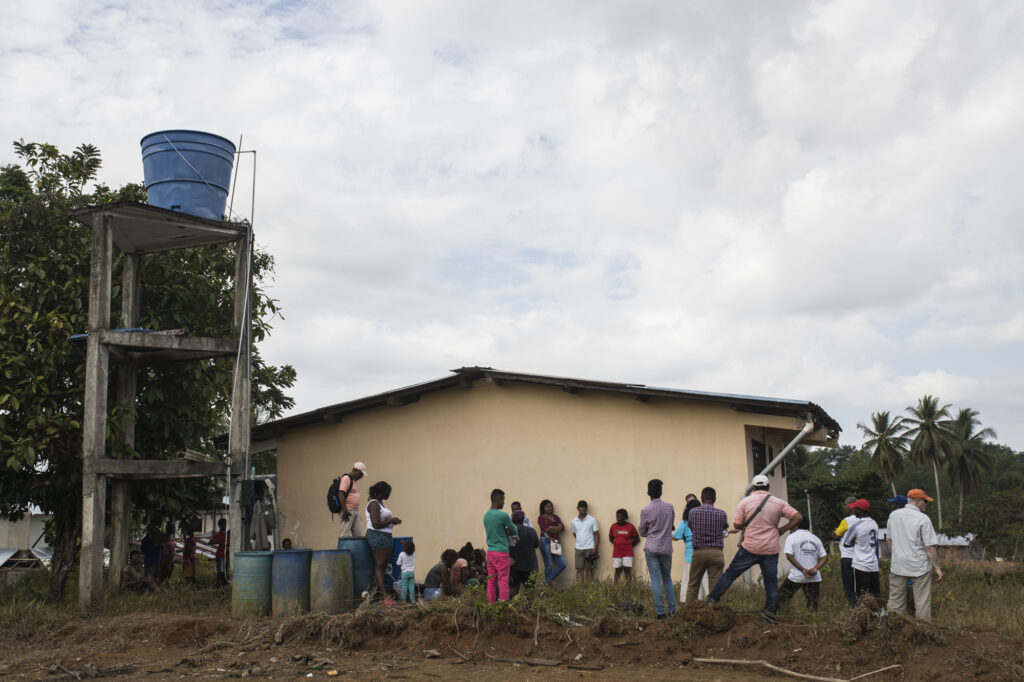
Although Ecuador has made progress, ensuring the development of these provinces is still on WaterStep’s agenda. Two years after the earthquake, WaterStep continues to bring safe water to those in need. Projects are still in progress to give people access to clean water because, unfortunately, there are those still displaced by this disaster.
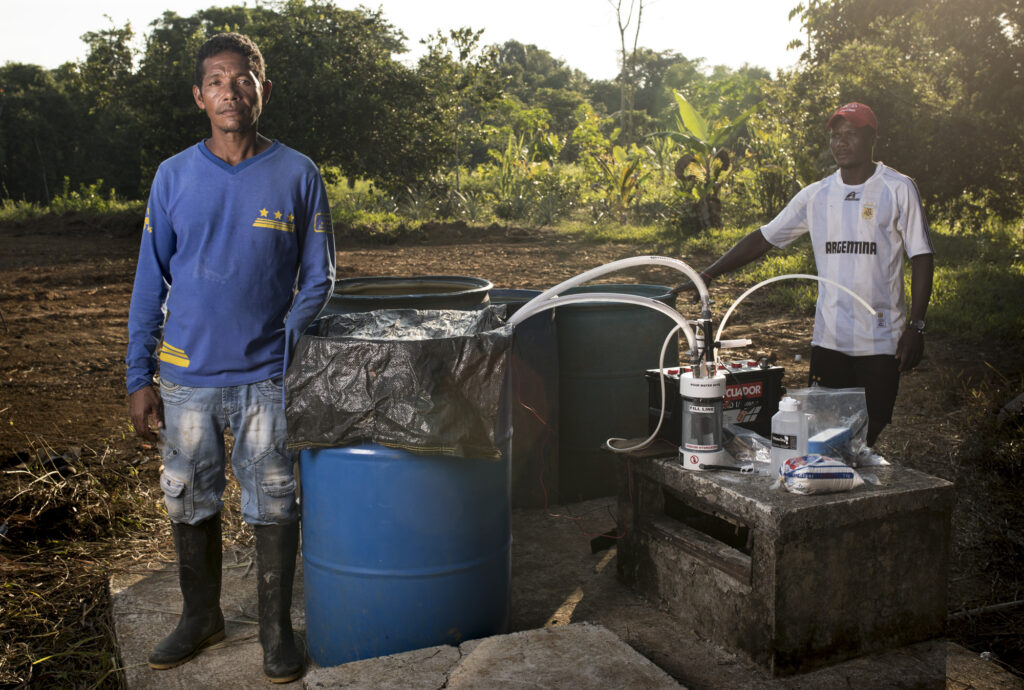
Contributing impacts projects in Ecuador, Columbia, and others that deliver safe water to those in need. Make a difference and donate today.
